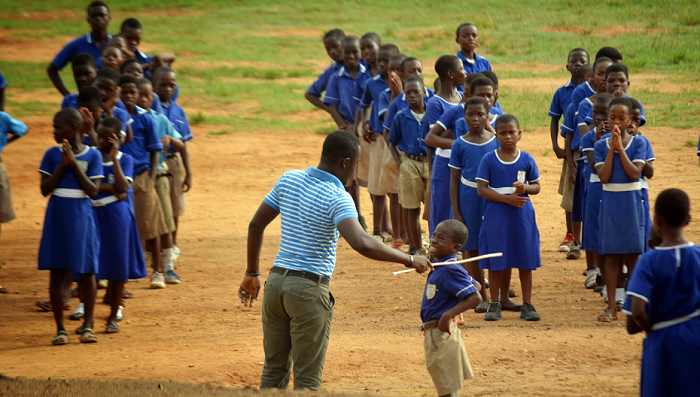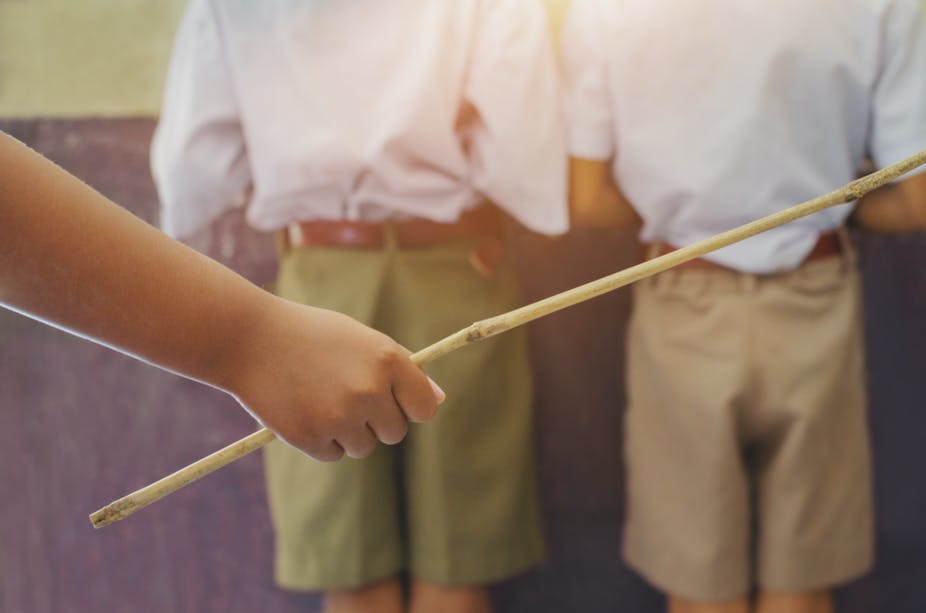The United Nations Children’s Fund, UNICEF, says 85 percent of Nigerian children between the ages of 1 and 14 experience violent disciplinary acts in schools, with nearly 1 in 3 children experiencing severe physical punishment.

UNICEF Chief of Education, Saadhna Panday-Soobrayan, who announced this in Abuja on Tuesday, described the discussion on ending corporal punishment in schools as “difficult and heartbreaking.”
“Yesterday we faced the harrowing reality that 85% of children between the ages of 1 and 14 in Nigeria experience violent discipline, with nearly 1 in 3 children experiencing severe physical punishment. This is a huge statistic colleague one that demands urgent action and is expressive of a crisis.
“Much of this violent discipline takes place in the form of corporal punishment in the very institutions that are assigned to keep children safe, develop respect for human rights and prepare them for life in a society that promotes understanding peace, and conflict resolution through discussion,” she said.
According to her, the perseverance of these practices contradicts Nigeria’s National Policy on Safety, Security, and Violence-Free Schools, which commits to zero-tolerance of any threat to the security of life and property in schools.
Panday-Soobrayan also noted that the practice is “stalling Nigeria’s progress toward SDG 3 to ensure good health and well-being, SDG 4 on equitable and inclusive quality education and target 16.2 (to end abuse, exploitation, trafficking and all forms of violence against and torment of children).”
While reporting the impact of corporal punishment on children is devastating, she said children are left with both physical and psychological wounds.
She further stated that “physical punishment causes not only pain, sadness, fear, shame, and anger but is also linked with children’s hyper-reactivity to stress, changes in brain structure and function, and overloaded nervous, cardiovascular, and nutritional systems. Spanking, just like more severe abuse, is linked to atypical brain function.”
Source: UNICEF







